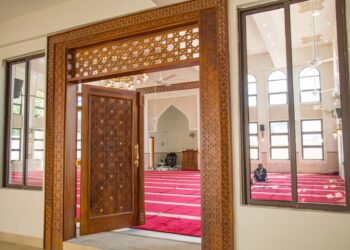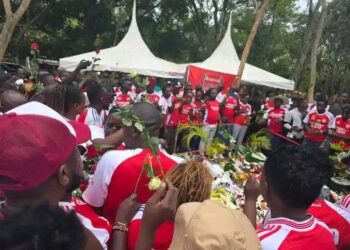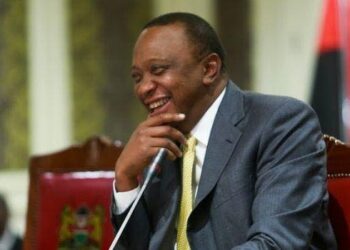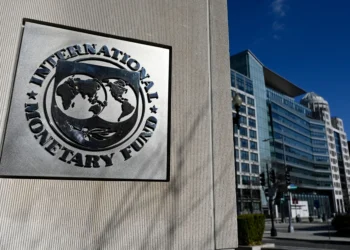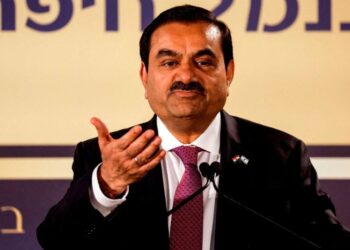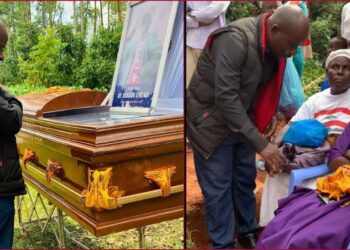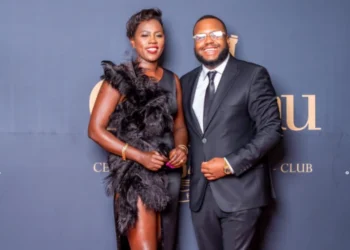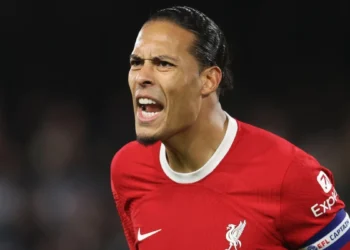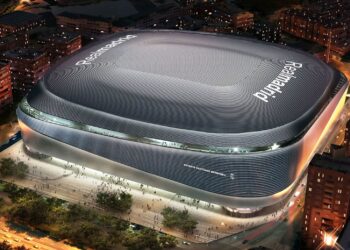Cameroon’s 92-year-old President Paul Biya, the world’s oldest sitting head of state, has announced his bid for an eighth term in the presidential election scheduled for October 12, 2025, potentially extending his 43-year rule into his late 90s.
In a statement posted on X on July 13, 2025, Biya expressed his unwavering commitment to addressing Cameroon’s challenges, stating, “My determination to serve you matches the urgency of the challenges we face.”
The announcement, confirmed by National Assembly President Cavayé Yéguié Djibril, has ignited global debate on leadership longevity, democratic stagnation, and the future of Cameroon’s political landscape amid ongoing crises.
Biya, who assumed power in 1982 following Ahmadou Ahidjo’s resignation, has led Cameroon through a complex history marked by political consolidation and controversy.
A 2008 constitutional amendment abolishing term limits has enabled his prolonged tenure, with victories in the 1992, 1997, 2004, 2011, and 2018 elections, though opposition groups and Western observers have consistently alleged electoral fraud.
His latest candidacy, backed by the ruling Cameroon People’s Democratic Movement (CPDM), faces criticism from figures like Bishop Emmanuel Abbo, who decried the “deepening poverty” and lack of opportunities for youth, urging Biya to step aside.
Despite such calls, Biya’s supporters, including smaller allied parties like the MDR, argue his experience ensures stability.
The 2025 election is shaping up to be a contentious battle, with opposition leaders like Maurice Kamto of the Cameroon Renaissance Movement, Joshua Osih, Akere Muna, and Cabral Libii challenging Biya’s dominance.
Two former allies, Issa Tchiroma Bakary and Bello Bouba Maigari, have also defected to run independently, citing a “broken” public trust in Biya’s regime.
Kamto, the 2018 runner-up, leads a coalition of 30 opposition parties under the Alliance Politique pour le Changement (APC), aiming to capitalise on public discontent over unemployment, rising costs, and separatist violence in the Anglophone regions.
However, analysts note that the opposition’s fragmentation may hinder their ability to unseat Biya.
Cameroon’s challenges under Biya’s leadership are multifaceted. The Anglophone crisis, a seven-year separatist conflict, has displaced thousands and disrupted education, while Boko Haram’s incursions in the Far North exacerbate security concerns.
Economic issues, including poor infrastructure and reliance on commodity exports, persist despite Biya’s promises of reform.
Citizens reflect public frustration, claiming Biya’s frequent absences abroad leave governance to foreign influences, while others, like Sylvia Tipa, credit him with conflict management.
The government’s ban on media discussions about Biya’s health, following rumours of his death in 2024, has further fueled doubt about his capacity to lead.
Biya’s age and health have become central to the debate on his eighth term bid. At 92, his prolonged absences from public view, most notably 42 days in 2024, have raised questions about his ability to govern effectively.
Critics, including opposition politician Michele Ndoki, argue that Cameroon needs “renewal, not repetition,” while supporters like Ngono Marius insist Biya remains capable.
Speculation about a succession plan has intensified, with some pointing to Biya’s son, Franck Biya, as a potential successor, though no formal endorsement has been made.
The Catholic Church, through bishops like Barthélemy Yaouda Hourgo, has urged Biya to retire, citing the toll of his 43-year rule on Cameroonians.
As Cameroon gears up for the October election, with over seven million registered voters, the international community is watching closely.
France, a key ally and investor, continues to support Biya’s regime with military training and weapons, while Russian-linked media outlets like Afrique Média promote his candidacy.
The election’s outcome could hinge on the electoral commission’s impartiality, a longstanding concern given its government ties. Biya’s decision to postpone parliamentary and municipal elections to 2026, citing security issues, has further stoked fears of electoral manipulation.
Despite these challenges, Biya remains resolute, framing his candidacy as a response to “urgent appeals” from Cameroonians.
The global debate on leadership longevity has intensified with Biya’s announcement, drawing comparisons to other long-serving African leaders like Uganda’s Yoweri Museveni.
While some admire Biya’s endurance, others see his bid as emblematic of democratic backsliding. With Cameroon’s youth demanding change and opposition forces coalescing, the 2025 election represents a critical juncture for the nation’s future, testing whether Biya’s grip on power can withstand growing calls for reform.
